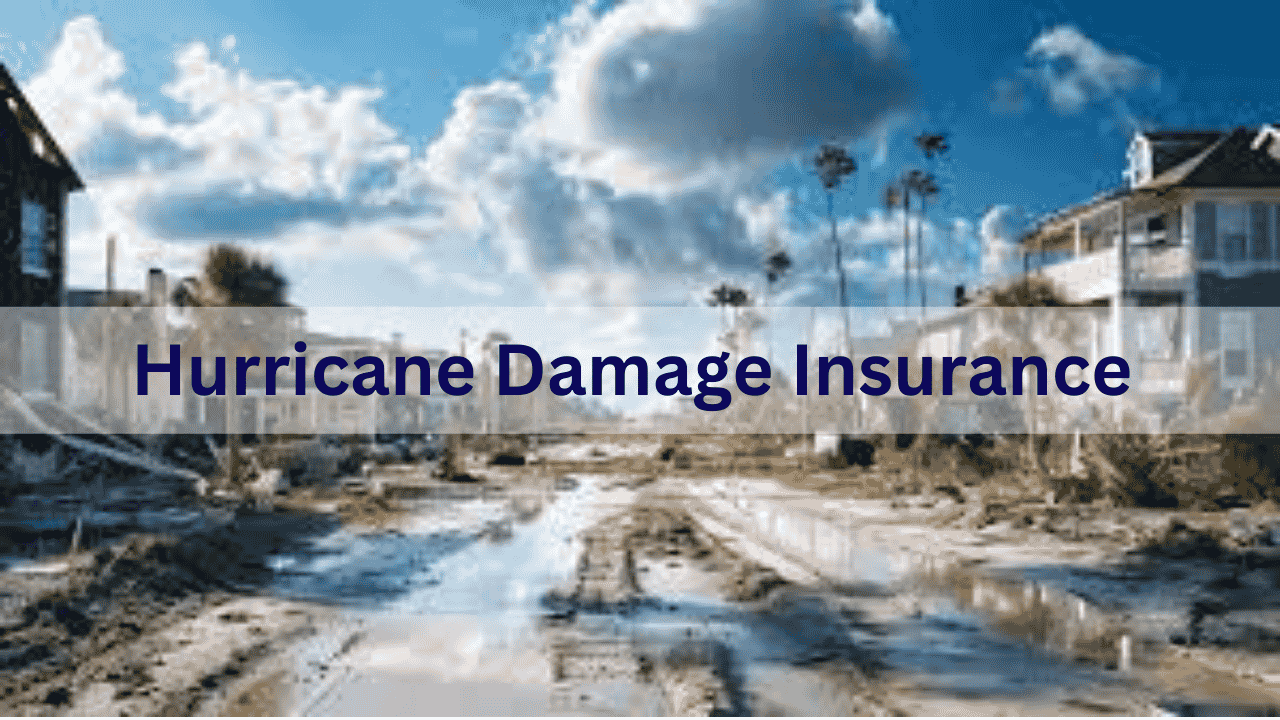Did a hurricane leave your home in disarray? Feeling overwhelmed? Filing an insurance claim can seem intimidating, but with the right approach, you can recover faster and secure the compensation you deserve. Let’s guide you through the process.
Safety Comes First
After a hurricane, your priority is ensuring your family’s safety. Scrutinize your property, but don’t rush into damaged areas. Downed power lines, flooding, or structural instability can pose serious risks. If your home is uninhabitable, find temporary lodging and keep all receipts. Many insurance policies cover additional living expenses during such emergencies.
Only once the area is safe should you begin assessing the damage.
Assessing the Damage and Documenting Everything
Thorough documentation is critical to a successful insurance claim. Start by photographing all the damage both inside and outside your home. Using wide shots and close-ups, capture everything, from roof damage to water-soaked furniture.
Keep a detailed inventory of damaged items, including their approximate value and any receipts you have. This creates a clear record for your insurer, helping to avoid disputes over what was lost. Remember to save receipts for temporary fixes, like tarping a roof or boarding windows. These expenses might be reimbursable.
Understanding Your Insurance Policy
Before contacting your insurer, revisit your insurance policy. Policies often contain specifics about what is and isn’t covered in cases of hurricane damage. Standard policies typically cover wind damage but may exclude flooding, usually requiring a separate policy.
Look for details about deductibles and limits, especially for hurricane-specific provisions. Understanding your coverage helps you advocate for yourself and prevents surprises during the claim process. If you’re unsure about the terms, a public adjuster or attorney can clarify these for you.
Filing Your Insurance Claim
Once you’ve assessed the damage, contact your insurance company immediately. Most insurers require claims filed promptly after the event, so take your time. When filing your claim, describe the damage and include your documentation photos, videos, and inventories.
Ask for a copy of the claim report for your records. This document is a key reference point during your interactions with the insurance company and will help keep the process transparent.
Working with the Insurance Adjuster
After filing your claim, the insurance company will assign an adjuster to inspect the damage. This visit is a critical part of the claims process. During the inspection, walk the adjuster through your property and point out all areas of concern. Share your documentation to ensure everything is noticed.
Adjusters work for the insurance company, which may mean their initial estimates are conservative. If you believe the adjuster’s assessment undervalues the damage, consider hiring a public adjuster who works on your behalf to negotiate a fair settlement.
Negotiating or Appealing a Low Offer
Not all claims result in an offer that meets your expectations. If you receive an insufficient payout or a denial, you don’t have to accept it. Review the reasons provided by the insurer, and if needed, present additional evidence.
A public adjuster or legal professional can help you appeal a denied claim or negotiate a better settlement. They bring expertise to the process and can maximize your recovery.
Finalizing Your Claim and Moving Forward
Once an agreement is reached, your insurance company will provide the funds to repair or rebuild. Use these funds responsibly, prioritizing structural repairs and essential replacements. Keep all receipts for future reference in case of any disputes.
Recovery takes time, but staying organized and proactive will ease the journey.
FAQs About Hurricane Damage Insurance Claims
What types of hurricane damage are typically covered by homeowners insurance?
Most policies cover wind damage and broken windows but often exclude flooding, which requires separate coverage.
How long do I have to file a hurricane damage claim?
The timeline varies by state and insurer, but you typically have up to three years after a hurricane in Florida to file.
Can I file a claim for temporary living expenses?
Yes, many policies include coverage for temporary housing and related costs if your home is uninhabitable.
What should I do if my claim is denied?
If denied, review the denial explanation, provide additional documentation, and consider hiring a public adjuster or attorney to appeal.
Why should I hire a public adjuster?
Public adjusters work on your behalf to ensure you receive the maximum payout. They’re accommodating if your insurer offers a low settlement or denies your claim.
Ready to Take the Next Step? We Can Help!
Navigating the insurance claim process after a hurricane can be overwhelming, but you don’t have to go it alone. Our network of experienced public adjusters is here to help you get the compensation you deserve.
Contact us today to connect with a professional who will advocate for your claim and guide you every step of the way. Don’t wait. Get the help you need to rebuild and recover now.


